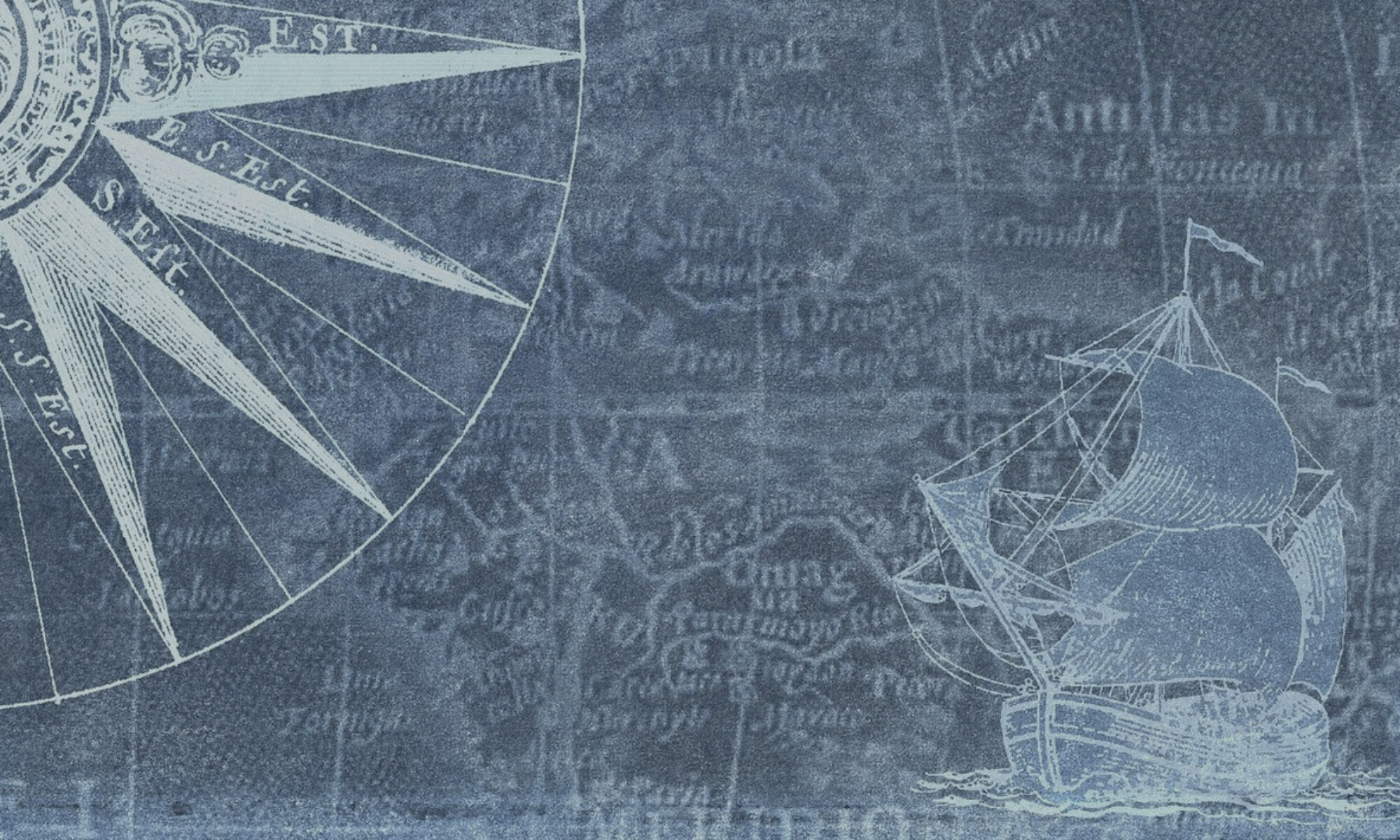LIFE AND NARRATIVE
The Life of Olaudah Equiano (1745-1797)
Although Olaudah Equiano writes that he was born in the Eboe province in what is now Nigeria and was kidnapped there aged 11, it is likely that he was born in the United States. In Virginia, Royal Navy lieutenant Michael Pascal bought Equiano and travelled the oceans with him for eight years. He was baptised and learned to read and write during this time.
Equiano was later sold to the merchant Robert King, and worked as his personal valet and barber. Equiano was also able to earn money on the side, and after three years, he bought his own freedom. He then spent 20 years travelling the Atlantic as a free servant to British maritime traders and naval officers, and made trips to Turkey and the Arctic before ending up in London. He settled there, married Englishwoman Susanna Cullen, had two daughters, and made his name as an antislavery activist. In 1786, he became involved in the movement to abolish slavery in London. He was a member of the ‘Sons of Africa’, a group of 12 black men campaigning for this cause.
The Narrative of Olaudah Equiano
Encouraged by fellow abolitionists, Equiano published his autobiography in 1789, and there were nine editions produced during his lifetime. It is particularly known for its depiction of the Middle Passage, the naval transportation route across which European traders carried captured Africans to their enslavement in the Americas from the 16th to the 19th century. As one of few people to describe this journey from a captured African’s perspective, Equiano shows how it caused their identities to rupture as they were displaced into alien cultures and their status shifted from humans to chattel.
Equiano’s narrative was very successful and made him wealthy. At the same time, he also published a poetry collection called Miscellaneous Verses. In both texts, he shows pride in the African way of life, but also attacks African slave traders alongside their white European counterparts. In addition to scrutinising slavery, he acknowledges his personal experiences of kindness from white people.
SOURCES AND FURTHER READING
Primary Sources
There are several editions of Equiano’s narrative. A scholarly edition is this one:
-
- Equiano, Olaudah, and Werner Sollors. The Interesting Narrative of the Life of Olaudah Equiano, or Gustavus Vassa, the African : An Authoritative Text. New York: Norton, 2000.
An online edition accessible for free is this one:
-
- Olaudah Equiano. The Interesting Narrative of the Life of Olaudah Equiano, or Gustavus Vassa, the African. Written by Himself. 2 Vols. London: Olaudah Equiano, 1789. Documenting the American South (DocSouth). Charlotte, NC: University of North Carolina, 2001. Vol. 1: Equiano_Narrative_1. Vol. 2: Equiano_Narrative_2
Selected Research Literature
-
- Carretta, Vincent. Equiano, the African : Biography of a Self-Made Man. Athens, GA: University of Georgia Press, 2005.
- Carretta, Vincent, and Philip Gould. Genius in Bondage: Literature of the Early Black Atlantic. Lexington: University Press of Kentucky, 2001.
- Hanley, Ryan. Beyond Slavery and Abolition: Black British Writing, c. 1770-1830. Cambridge: Cambridge University Press, 2018.
- Moten, Fred. Stolen Life. Durham, NC: Duke University Press, 2018.
- Radcliffe, Kendahl, et al., eds. Anywhere but Here: Black Intellectuals in the Atlantic World and Beyond. Jackson: University Press of Mississippi, 2015.
- Wheelock, Stefan M. Barbaric Culture and Black Critique: Black Antislavery Writers, Religion, and the Slaveholding Atlantic. University of Virginia Press, 2016.
- Zafar, Rafia. We Wear the Mask: African Americans Write American Literature, 1760-1870. New York: Columbia University Press, 1997.
Note: As there are numerous research articles and chapters published on Equiano and his narrative, only a selection of relevant books is listed here.
ONLINE RESOURCES AND LINKS
Biography
-
- “The Amazing Life of Olaudah Equiano.” BBC Radio 4, 4 July 2022. https://www.bbc.co.uk/programmes/m0017kj4
- Brooks, Khaleb. “Who Was Olaudah Equiano?” International Slavery Museum. Liverpool: National Museums Liverpool, n.d. https://www.liverpoolmuseums.org.uk/stories/who-was-olaudah-equiano?fbclid=IwAR3V-AXh6qa2PHnG54gyYzRYAsqHfxXFuZoRkVvO5MiI2lj2tM-pTjzM5Dc
- “A Son of Africa.” Directed by Alrick Riley. California Newsreel, 1996. Alexander Street, https://video.alexanderstreet.com/watch/a-son-of-africa
General Interest and Educational Sources
-
- Bennett, Cecilia. “Shackled by Language: The Representation and Self-Representation of English-Speaking Black Voices in Black Atlantic Writing.” Recording from the English Graduate Conference, University of Oxford, 1 June 2012. https://podcasts.ox.ac.uk/shackled-language-representation-and-self-representation-englishspeaking-black-voices
- Gerzina, Gretchen. “Britain’s Black Past: Olaudah Equiano.” BBC Radio 4, 7 Oct 2016. https://www.bbc.co.uk/programmes/b07wtkg5
- “The Extraordinary Equiano.” BBC 4, 2005. https://www.youtube.com/watch?v=zQaF4BNY9LA
- Olaudah Equiano. London: The Equiano Society, 2019. https://equiano.uk/
- “Podcast 4.2: Olaudah Equiano.” The Writer Who Reads, 27 Feb 2018. https://www.stitcher.com/show/the-writer-who-reads/episode/podcast-004-2-olaudah-equiano-53493772
- The Interesting Narrative of the Life of Olaudah Equiano, Or Gustavus Vassa, The African by Olaudah Equiano. Loyal Books, 2017. https://www.listennotes.com/podcasts/the-interesting-narrative-of-the-life-of-_WjAIOCGgnx/
- “This Evil Trade: Olaudah Equiano and Abolition. Preparation materials for videoconference / virtual classroom.” The National Archives’ Education Service, 2011. https://nationalarchives.gov.uk/documents/education/this-evil-trade-pack.pdf
